Philosophy
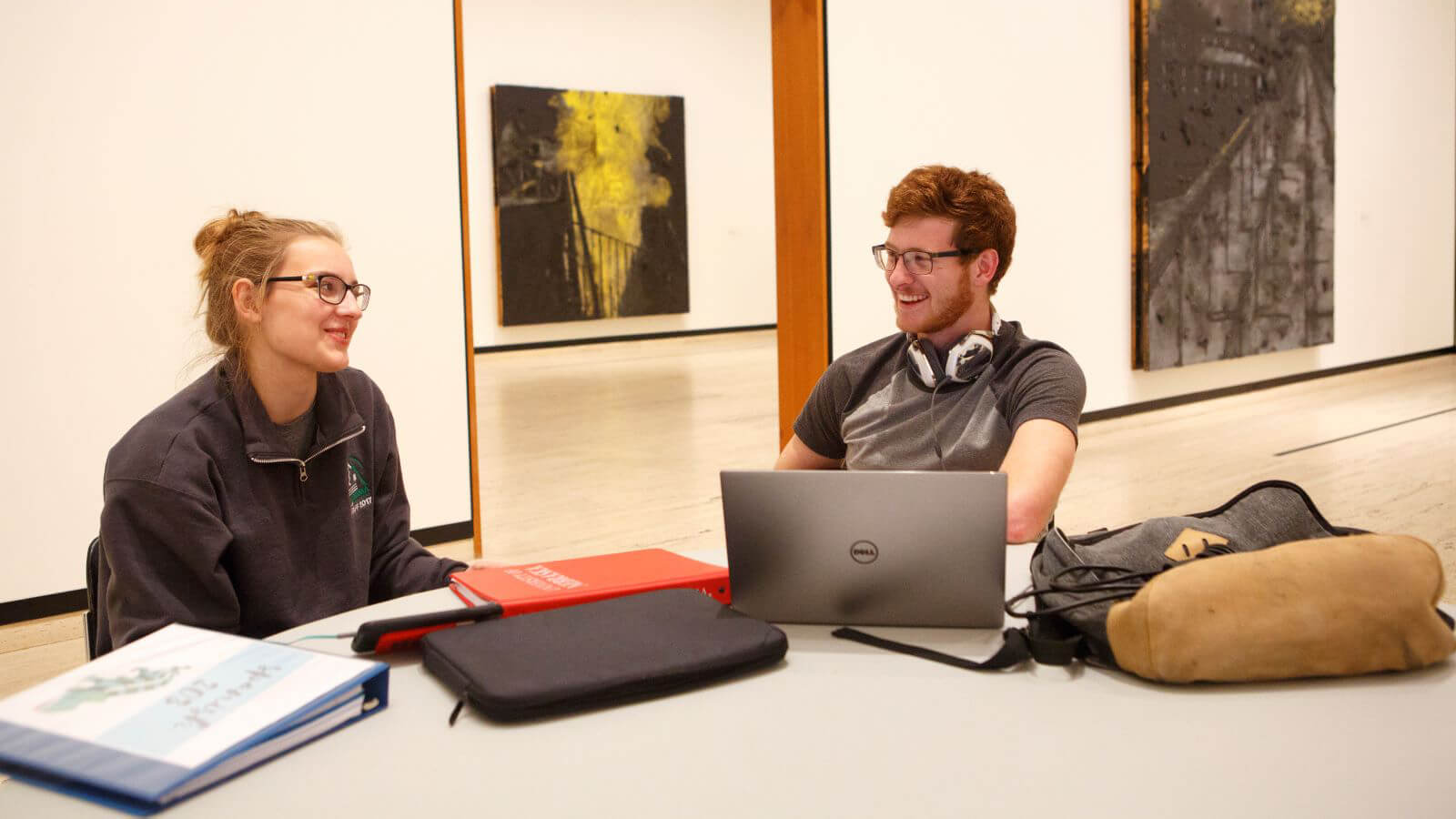
-
College
-
Hours Required
120 -
Minors Available
Philosophy
-
Areas of Focus
Ethics and Law, Standard
The Nebraska Difference
Curiosity
Discover what moves you with a variety of academic disciplines.
Flexibility & Choice
Customize your degree with course choices. Add a minor or second major.
Hands-On Experience
Build knowledge, skills and experience in and out of the classroom.
Limitless Career Paths
Connect your major, interests and goals to any field.
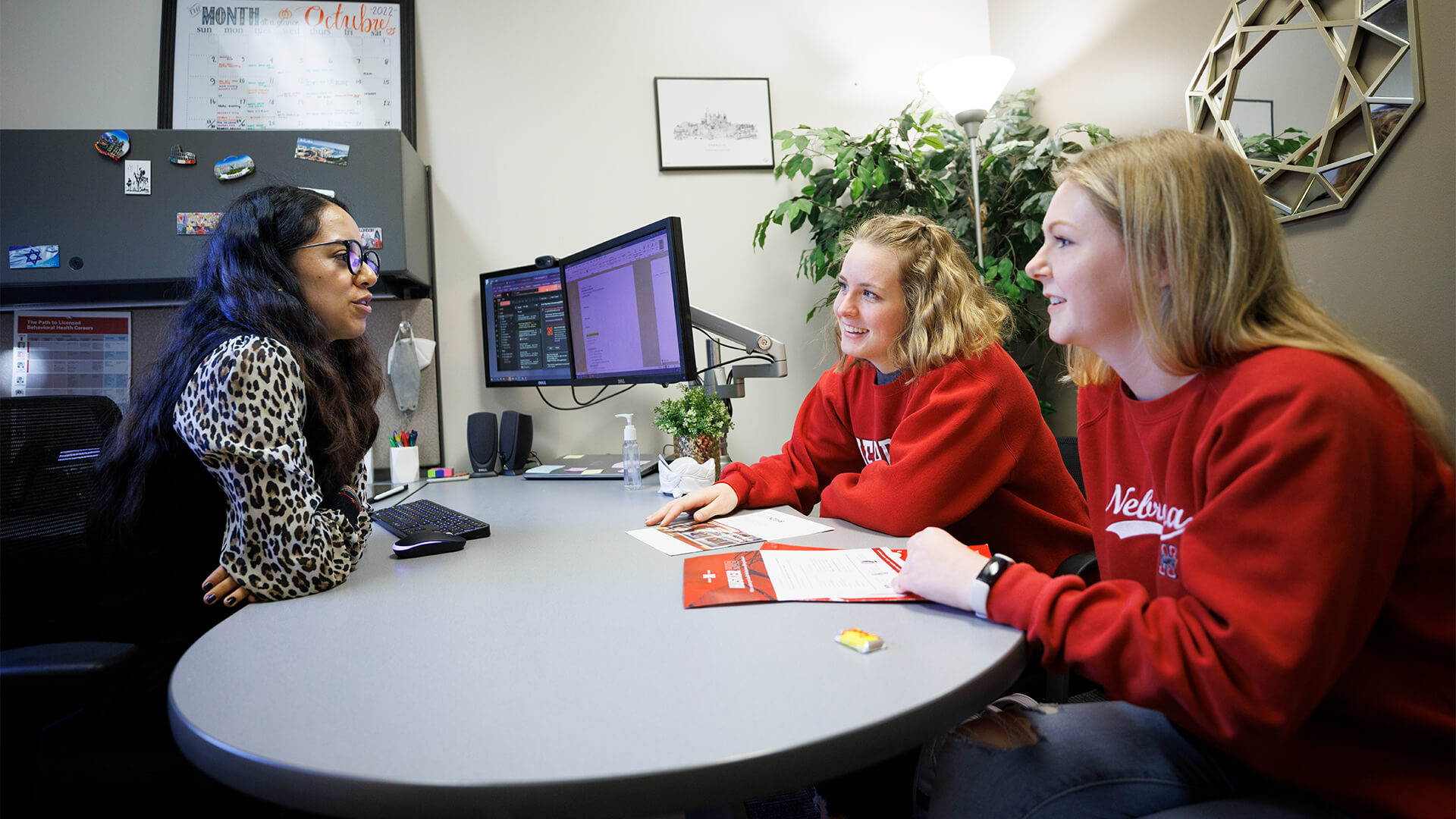
Program Features
Focus and Range
Dive deep into your philosophy major while taking a wide variety of courses across all areas in the College of Arts and Sciences. Graduate academically well-rounded and eager to keep learning. Use your collaboration and communication skills to address complex problems and make a positive impact professionally and personally.
1-to-1 Academic Advising and Career Coaching
Along with your faculty, professional academic advisors and career coaches will help you make a one-of-a-kind degree plan. We are focused on your success, while at Nebraska and after graduation, whether your goal is employment or graduate/professional school.
Course Options
Choose the standard option for flexibility and choice of courses. Those with an interest in law may choose the ethics and law option to focus on the legal field along with foundational and applied ethics. It’s also easy to add minors or even a second major.

Notable Courses
The Philosophy of Food (PHIL 105)
Examination of the philosophical, political, social and economic aspects of food, its production and consumption.
Medical Ethics (PHIL 213)
Moral problems in modern medicine, including the allocation of scarce medical resources, patients’ rights and research on human subjects.
Introduction to Psychology and Philosophy (PHIL 216)
Study cases where psychological findings interact with traditional philosophical issues and where philosophical analysis and criticism inform a psychological theory or finding.
Philosophy of Law (PHIL 230)
Philosophical problems of the law and of legal systems, including reasoning, judicial interpretation, legal language and definition, legal obligation, law and morality and legal paternalism.
Introduction to Metaphysics (PHIL 302)
Problems and concepts of metaphysics, including the nature of existence and the relations of entities. Mind and body, cause and effect and universals and particulars.
Philosophy of Action (PHIL 424)
Foundational issues in human action, including the nature of intentional action, practical reasoning, moral responsibility, group agency and various forms of irrationality.
Huskers Do Big Things
Internships
- Congressional intern, U.S. House of Representatives
- Child welfare intern, Nebraska Appleseed
- Community development intern, Nebraska Department of Economic Development
- Administrative intern, Arias Law
- Marketing intern, Madonna Rehabilitation Hospital
Careers
- Strategic analyst, BrabenderCox
- Project developer, AmeriCorps
- Coach support specialist, Hudl
- Library service associate, Lincoln City Libraries
- Assistant to the legislative coordinator, Nebraska Legislature
Graduate Schools
- Master’s degree, Public Health, Washington University-St Louis
- Master's degree, Cinema and Media Studies, University of California-Los Angeles
- Juris Doctor degree, Yale University
- Ph.D., Economics, University of California-Irvine
- Ph.D., Philosophy, University of Chicago
Outside the Classroom
Depending on your major, interests and goals, you can choose to do research, work as an intern, study abroad, become a leader or serve your community. The university’s Experiential Learning requirement ensures you have at least one of these transformative learning experiences; students in the College of Arts and Sciences typically complete at least two.
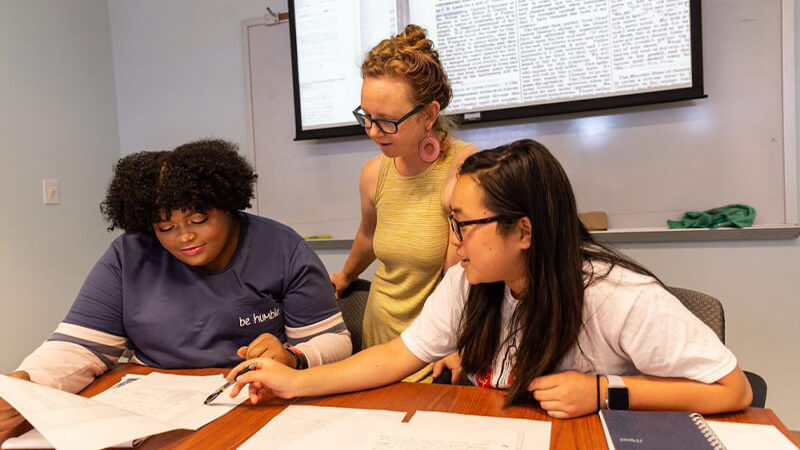
Work alongside a faculty member as a research assistant or design your own research project through the Undergraduate Creative Activities and Research Experience (UCARE) program.

Work alongside a faculty member as a research assistant or design your own research project through the Undergraduate Creative Activities and Research Experience (UCARE) program.
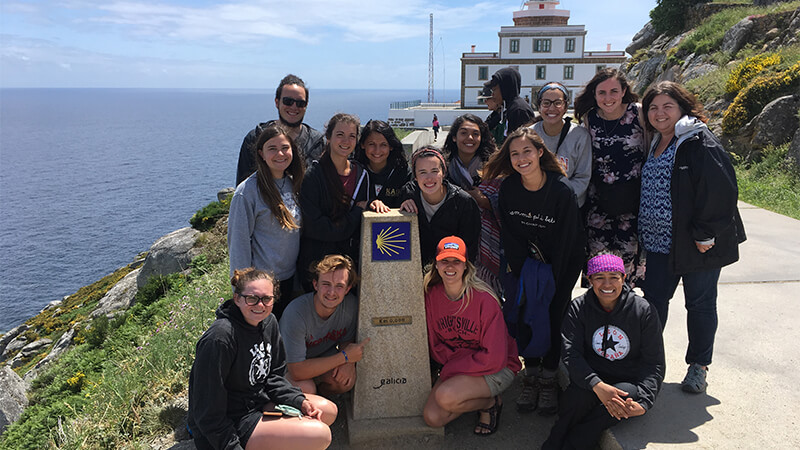
Join other students in a location such as Athens, Greece or connect with our Global Experiences Office to find an affiliate program in almost any location you can imagine.

Get involved in one of the 540+ student organizations available at Nebraska. Meet students who share your interests, become a leader or serve the community.

Featured Faculty
John Brunero, Professor
Dr. Brunero teaches courses in moral, political and legal philosophy. His research focuses primarily on questions in ethics and metaethics concerning reasons and rationality. He is an associate editor at The Journal of Ethics and an ethics area editor at Ergo, and he previously served as president of the Central States Philosophical Association.
Academics & Experiential Learning
- Our motto is Academics + Experience = Opportunities. Employers and graduate/professional schools are looking for students who have a strong academic background and hands-on experience.
- Philosophy majors regularly engage in research or internships, and many study abroad or get involved in service or leadership on campus and beyond.
Career Preparedness
- CASC 200: Career Development in Arts and Sciences. Explore your interests, abilities and values while identifying career options and preparing to apply for internships, jobs or graduate/professional school.
Community
- Join Philosophy Club to connect with faculty, fellow students, alumni and guest speakers. Keep learning year-round with the Philosophy Summer Book Club.
- Compete on the Intercollegiate Ethics Bowl Team or volunteer to coach High School Ethics Bowl.
Have Questions? We're Here to Help
If you have questions about the Philosophy major or navigating the application process, contact us.
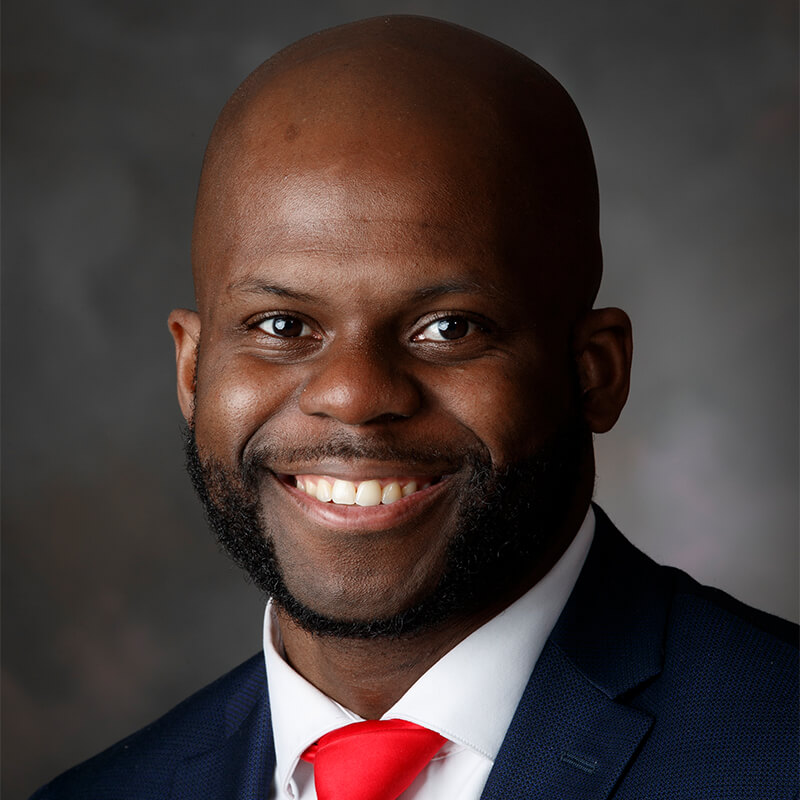
- Contact Name
- Nicholas Gordon
- Contact Title
- Director of Recruitment
- Phone
-
-